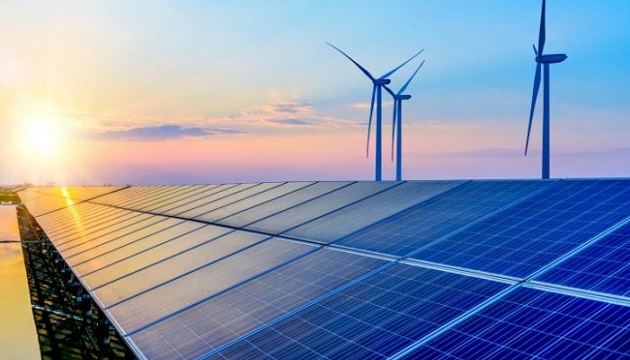India’s first hybrid solar and wind tender was undersubscribed by 150 MW, with only Adani Green Energy and Softbank-backed SB Energy coming forward to take a share of the pie, while other large players stayed away due to low tariffs.
Solar Energy Corporation of India (SECI) had floated the said tender in May this year seeking bids for 2,500 MW hybrid projects, but the size of the tender had since been scaled down to 1,200 MW.
Industry insiders said most of the active renewable energy players such as ReNew Power, Sembcorp Energy, Acme and Hero Future Energies did not bid due to low tariff and tough conditions.
“This is a very clear sign that the industry is not keen on bidding at such low tariffs,” said an industry insider who requested not to be identified. “It is unfortunate that the government is creating such limitations. We are only looking at tariffs, which is not going to help India’s energy security. These are very short-term moves.”
Vinay Rustagi, managing director at solar consultancy Bridge To India, said hybrid projects may not be the best solution to reduce the cost of power, though it has “advantages in terms of economising land and transmission infrastructure for the project”.
“The problem is that if you choose a very good solar site, it will not be optimal for wind and vice versa,” Rustagi said.
Ultimately, the cost of power is not expected to come down because there are almost no sites with totally optimal solar and wind resource, he said. “The government really needs to relax the ceiling tariff conditions for this tender to be successful.”
While some speculated that given the poor response, SECI might reissue the bid, others pointed out it could as well reduce the size of the auction and award the projects that have been bid for.
“We can award the projects to even a single bidder after following due procedure in a transparent manner,” an SECI official said. “There is no condition for having a minimum number of bids to go ahead with reverse auctions.”











